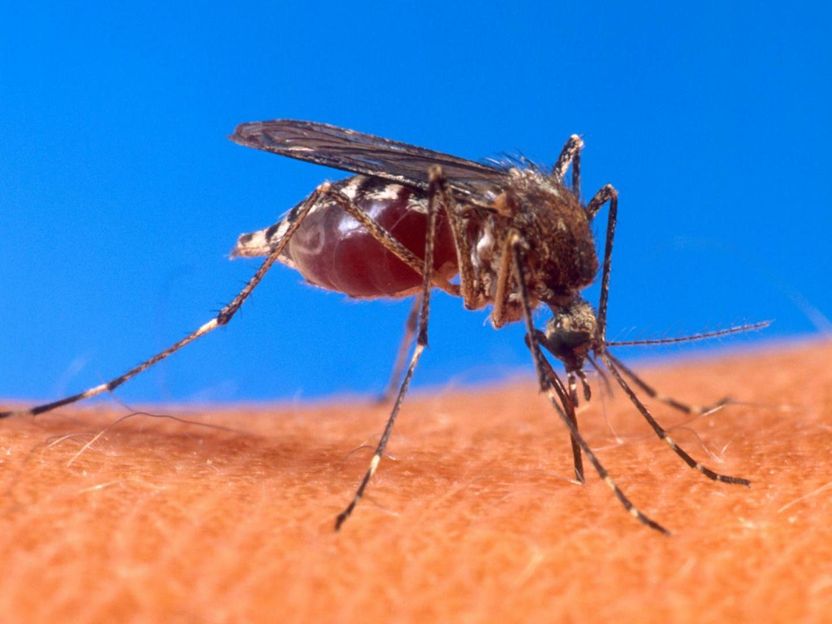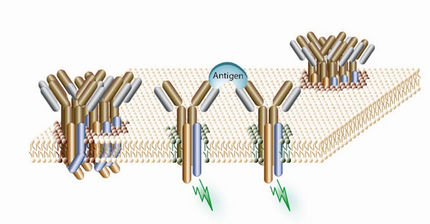Going viral: Insights on Zika
Advertisement
The zika virus (ZIKV) is not a new contagion; researchers have known about the virus since the 1950s. However, not much was known about the virus until recent outbreaks cropped up with debilitating impacts.

The vector that serves as a host for the Zika virus (ZIKV) is the mosquito Aedes aegypti.
US Department of Agriculture
While searching for targets that could be used to generate antibodies against the virus, biologists from Michigan Technological University set out to bring together all the available information about new Zika research. They provides a comprehensive overview of the virus, its history, the multiple modes of transmission and connections to miscarriage risks and how dengue virus infection may exacerbate ZIKV infection.
The key message of the paper is that Zika is not only transmitted through mosquito bites, says study author Ebenezer Tumban, an assistant professor of biological sciences at Michigan Tech.
"There is a lot we still don't know about Zika," he says, but new insights do provide some guidance. "Sexual transmission is a major risk that isn't widely discussed, as is screening for Zika in blood transfusions."
In addition to a more complicated transmission scheme than previously thought, new research on Zika suggests that mothers infected with the virus can have a miscarriage as well.
A virus' replication/infection process is very complex--it makes more copies of itself only when it is inside cells and, during the infection of cells, it can even interact with antibodies produced against other viral infections. In particular, dengue virus antibodies have been shown to enhance Zika infections in cells. Recent research illuminated this double whammy, although less attention has been given to the risks that may be associated with being vaccinated against dengue virus (in countries where dengue virus vaccine is approved) and how that vaccine may affect Zika virus infection.
Tumban's research group is moving ahead to assess whether Zika virus antigens they are developing can generate antibodies against the virus, which is the foundation of a vaccine. His team will join with hundreds of other scientists working to lessen the impacts of Zika both at home and around the world. The new review paper is a launching pad to bring more awareness to all aspects of Zika and inform the whole community of biologists, epidemiologists and clinical staff.
Original publication
Other news from the department science
Most read news
More news from our other portals
See the theme worlds for related content
Topic world Antibodies
Antibodies are specialized molecules of our immune system that can specifically recognize and neutralize pathogens or foreign substances. Antibody research in biotech and pharma has recognized this natural defense potential and is working intensively to make it therapeutically useful. From monoclonal antibodies used against cancer or autoimmune diseases to antibody-drug conjugates that specifically transport drugs to disease cells - the possibilities are enormous

Topic world Antibodies
Antibodies are specialized molecules of our immune system that can specifically recognize and neutralize pathogens or foreign substances. Antibody research in biotech and pharma has recognized this natural defense potential and is working intensively to make it therapeutically useful. From monoclonal antibodies used against cancer or autoimmune diseases to antibody-drug conjugates that specifically transport drugs to disease cells - the possibilities are enormous























































